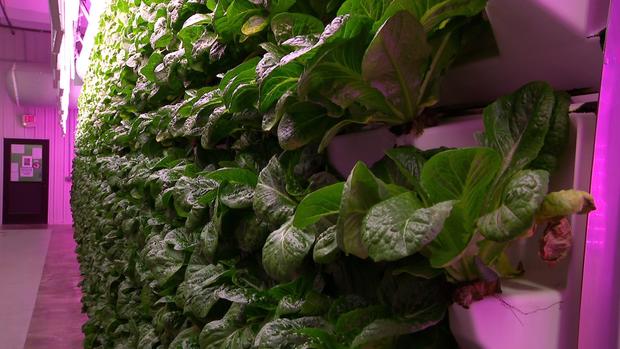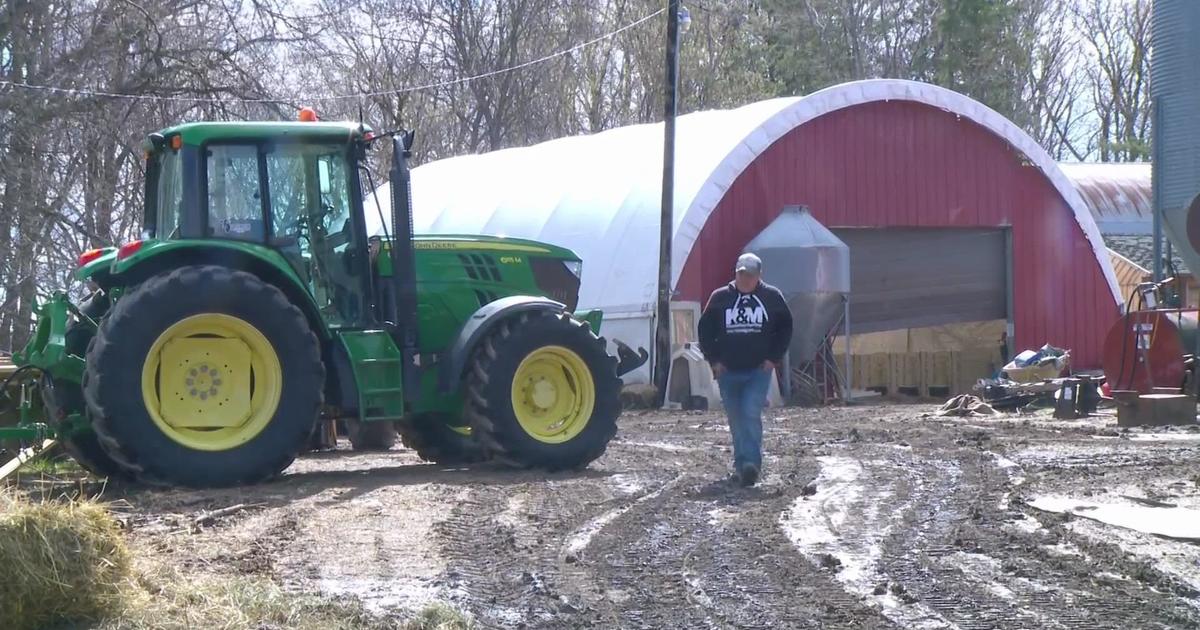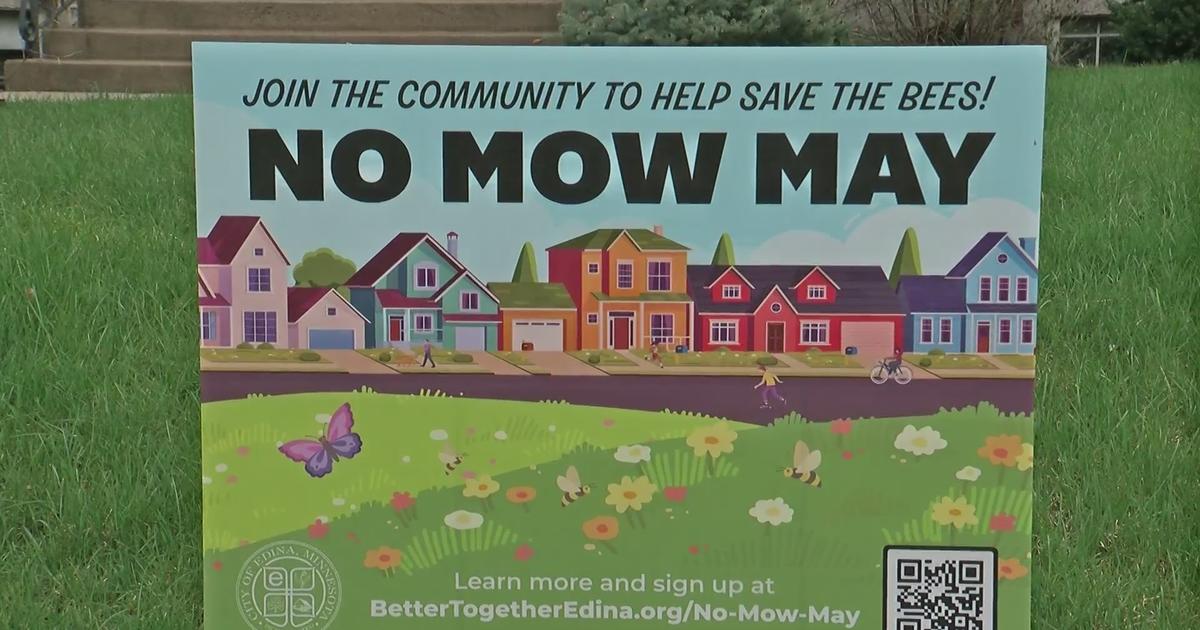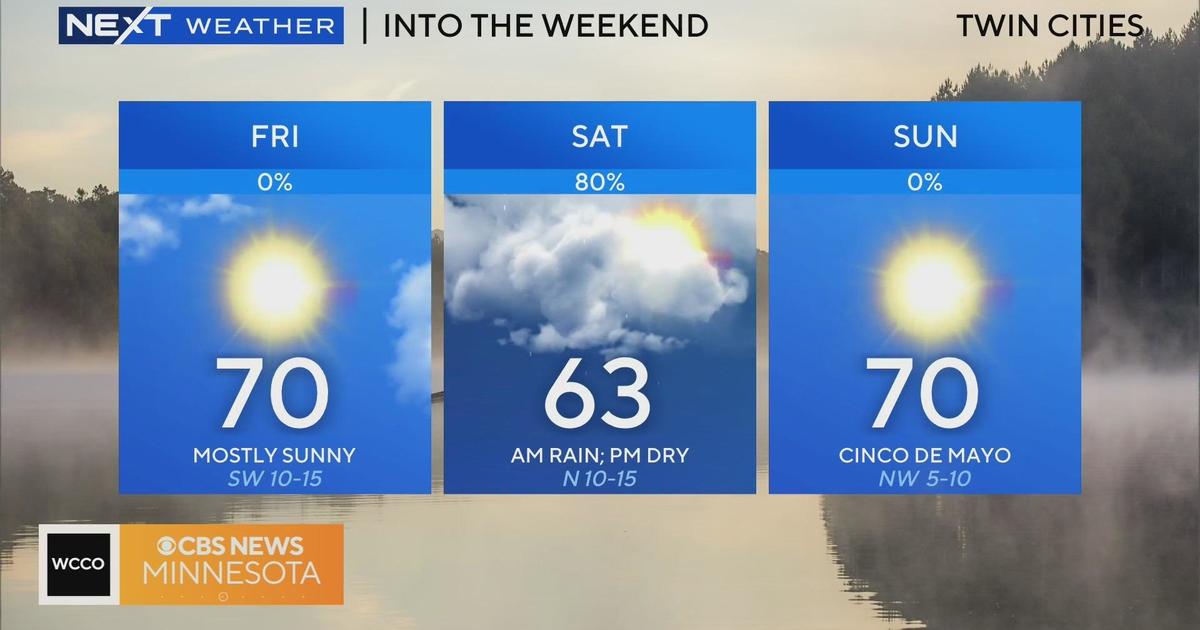As climate change threatens traditional farming, Faribault farm's aeroponic method may prove key
MINNEAPOLIS -- While the Environmental Protection Agency says a longer growing season helps some crops in some areas, climate change is presenting a host of challenges for farming in the United States.
A NASA study showed climate change could cut corn crop yields by 24% as early as 2030.
While traditional farming is innovating, there's one solution in Faribault that grows 365 days a year, no matter the weather outside. Living Greens Farm may provide just one food security solution in the face of climate change.
One step inside the facilities and you find that it's just right for growing green. A-frames are filled with plenty of lettuce, and there is no use of pesticides, herbicides, or even soil. Instead, they're using aeroponic farming techniques. If the word's not familiar to you, think of the idea of astronauts growing potatoes in space.
"If we were to take away the soil the sun and the wind, how would we grow this in a space that doesn't have that?" director of sales Mai Moua said. "Here in Fairbault, we're able to do that."
The hue is important, to simulate the sun and push photosynthesis. They mimic daylight, and night as well. They mimic the wind, and the rain, and they do it efficiently.
"We're using 98% less water than traditional farming," Moua said.
Head grower Michelle Keller explained how the sponge volcanic rock they're utilizing holds 300 times its weight in water.
"We put the seeds in here, and then the beautiful component about this is that the Rockwool is an inorganic rock that holds water. So the plant can't drown and it cant dry out, but the root structures can start," she said.
It's a truly vertical integration, and not just because the plants grow toward the sky.
"We're washing them, we're chopping them, and then we're making salad bags right next door, like 20 feet away. So in the sense of manufacturing, we are fully vertical," Moua said.
It also takes a shorter trip to reach its final destination.
"I can harvest something here and have it be in the store the next day," Keller said. "This type of technology solves multiple problems."
It cuts transit emissions by delivering regionally. Currently, most of the nation's lettuce typically is trucked in from California, taking days and hundreds of miles, all of which contribute to climate change.
You can find their products in local stores like Kowalskis, Jerry's, HyVee, and Whole Foods. There's also an online farmers market called Market Wagon, which delivers fresh, local produce to the seven-county metro area. They can bring Living Greens Farm products right to your door.





